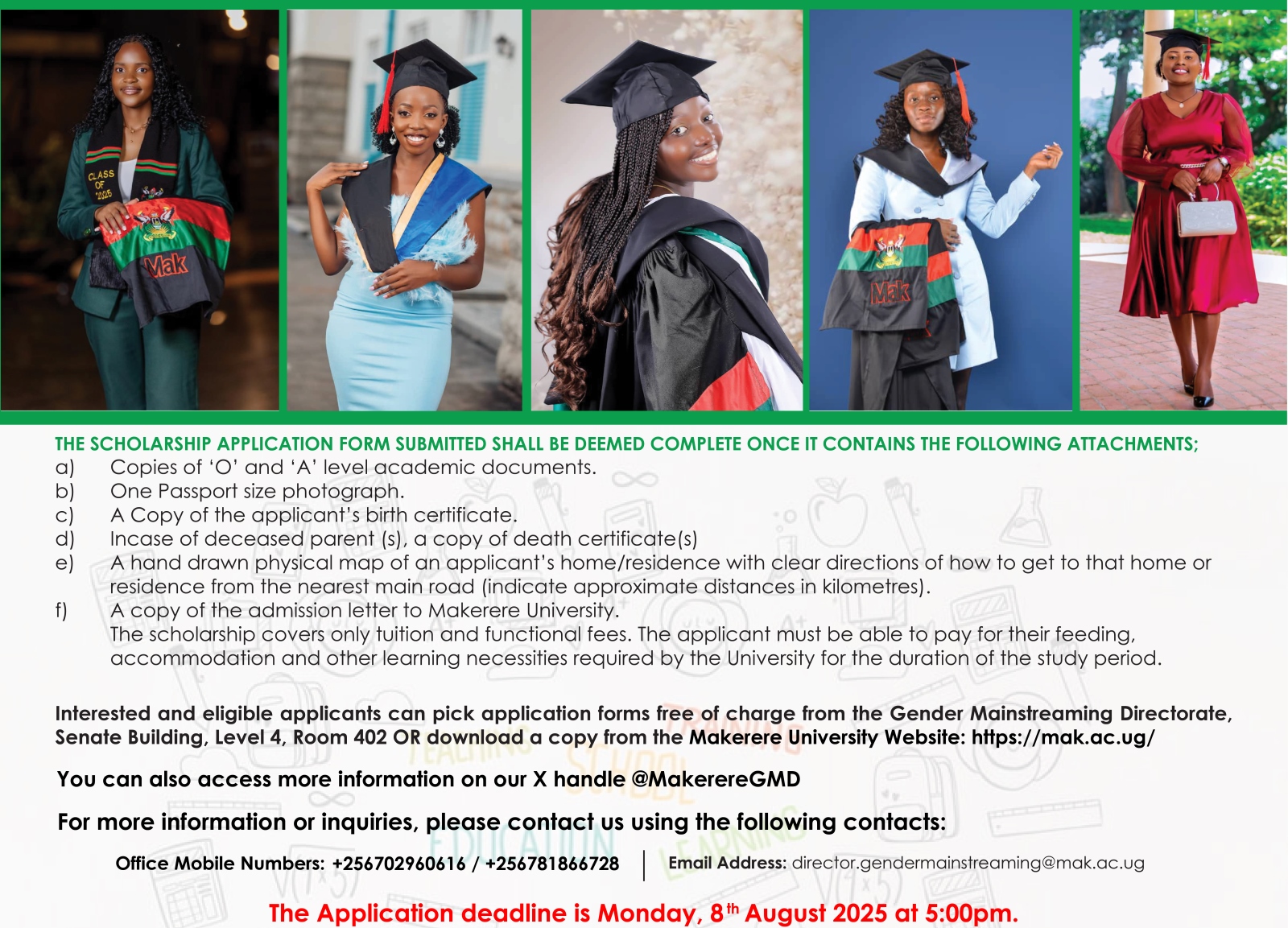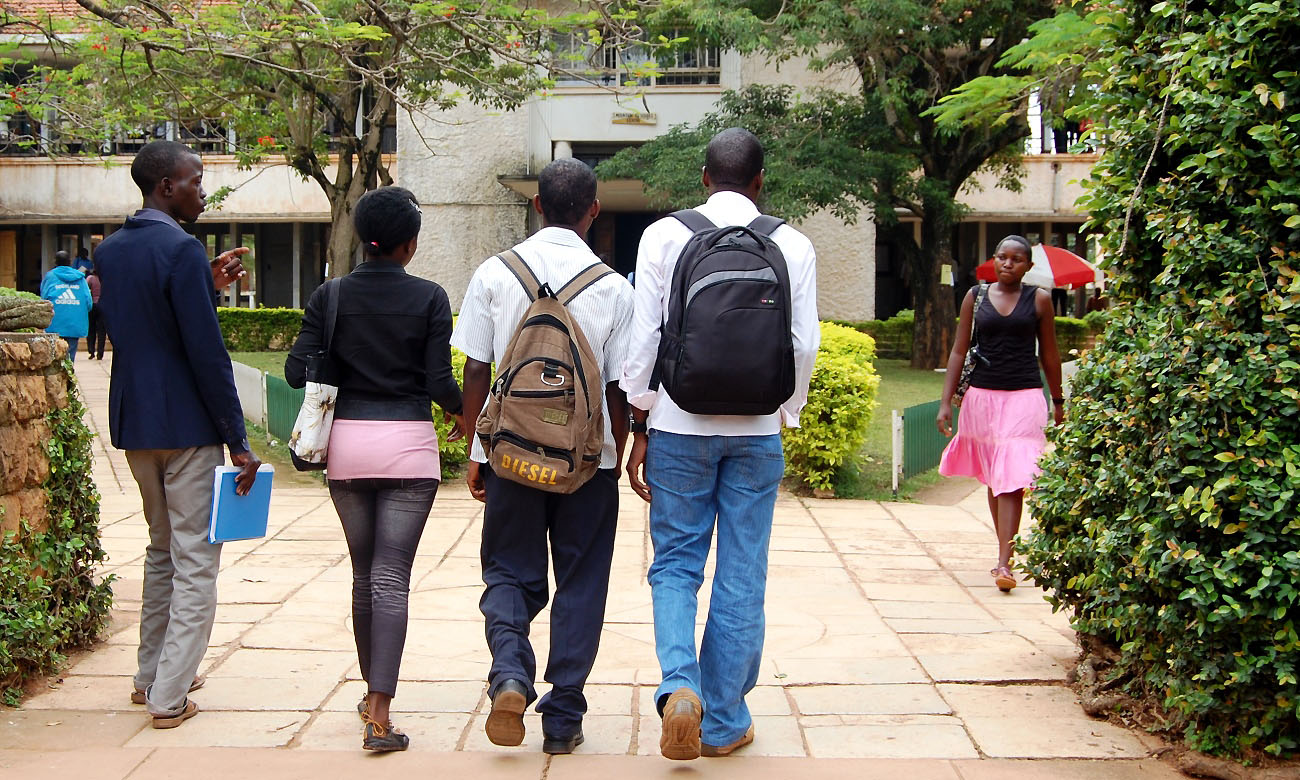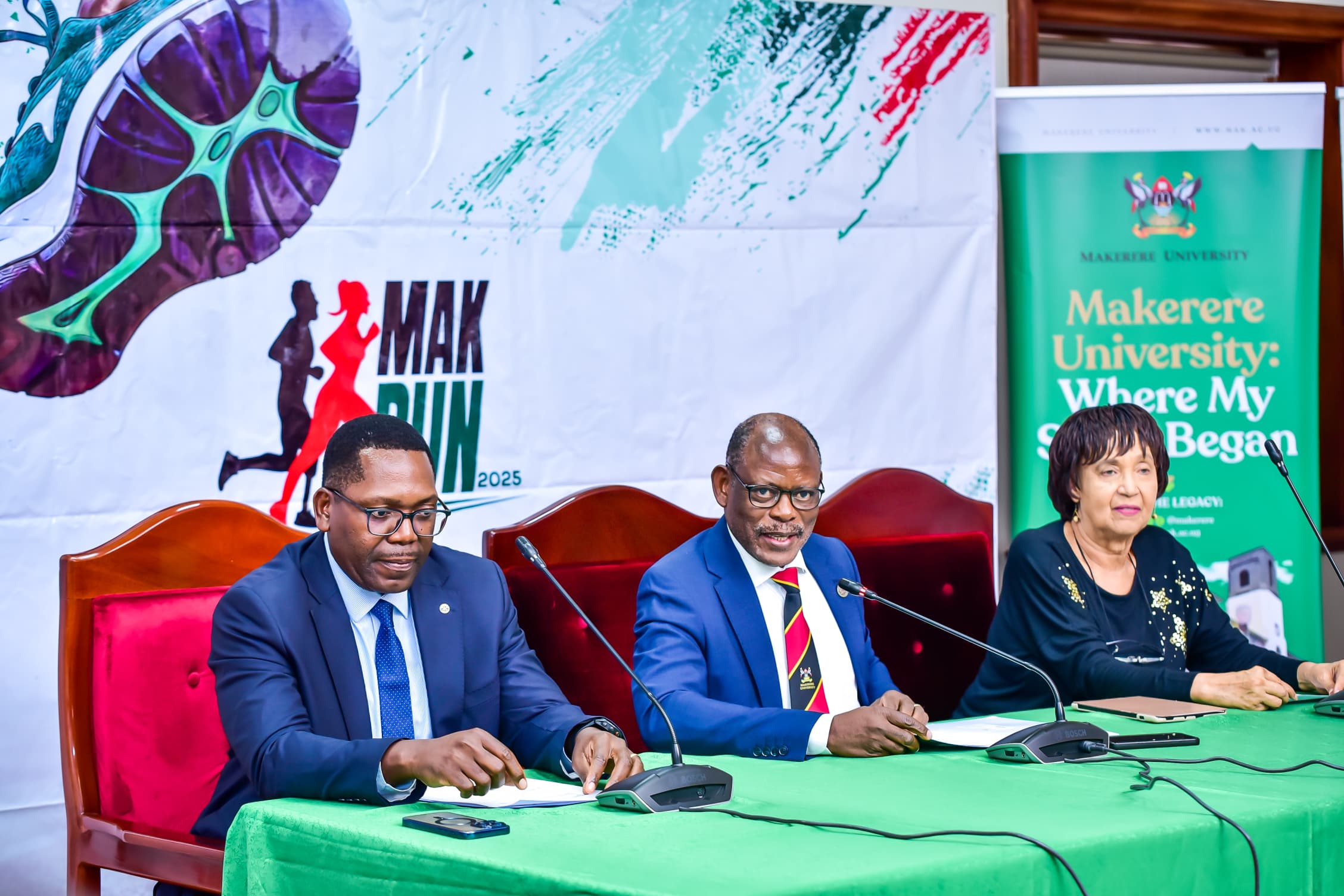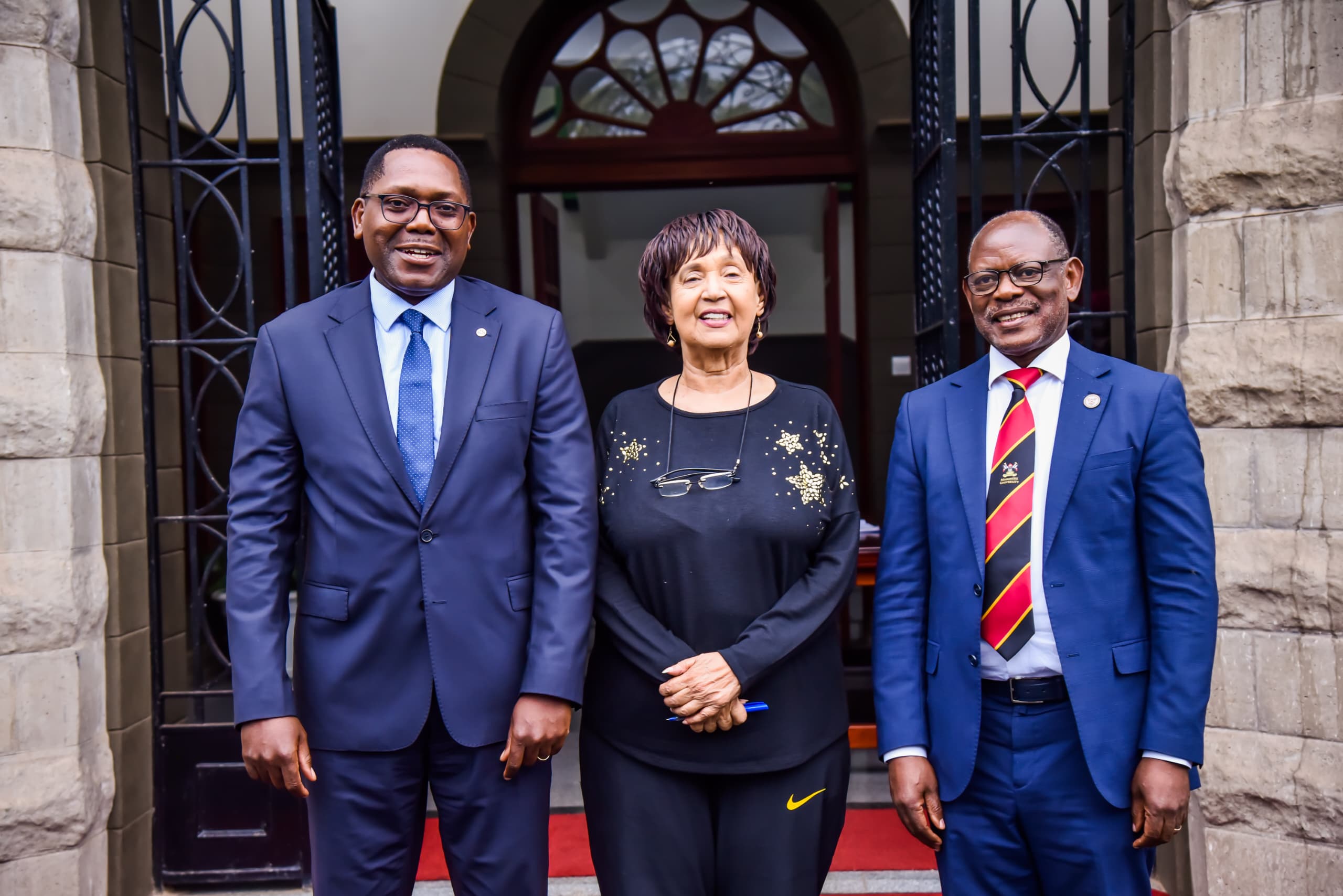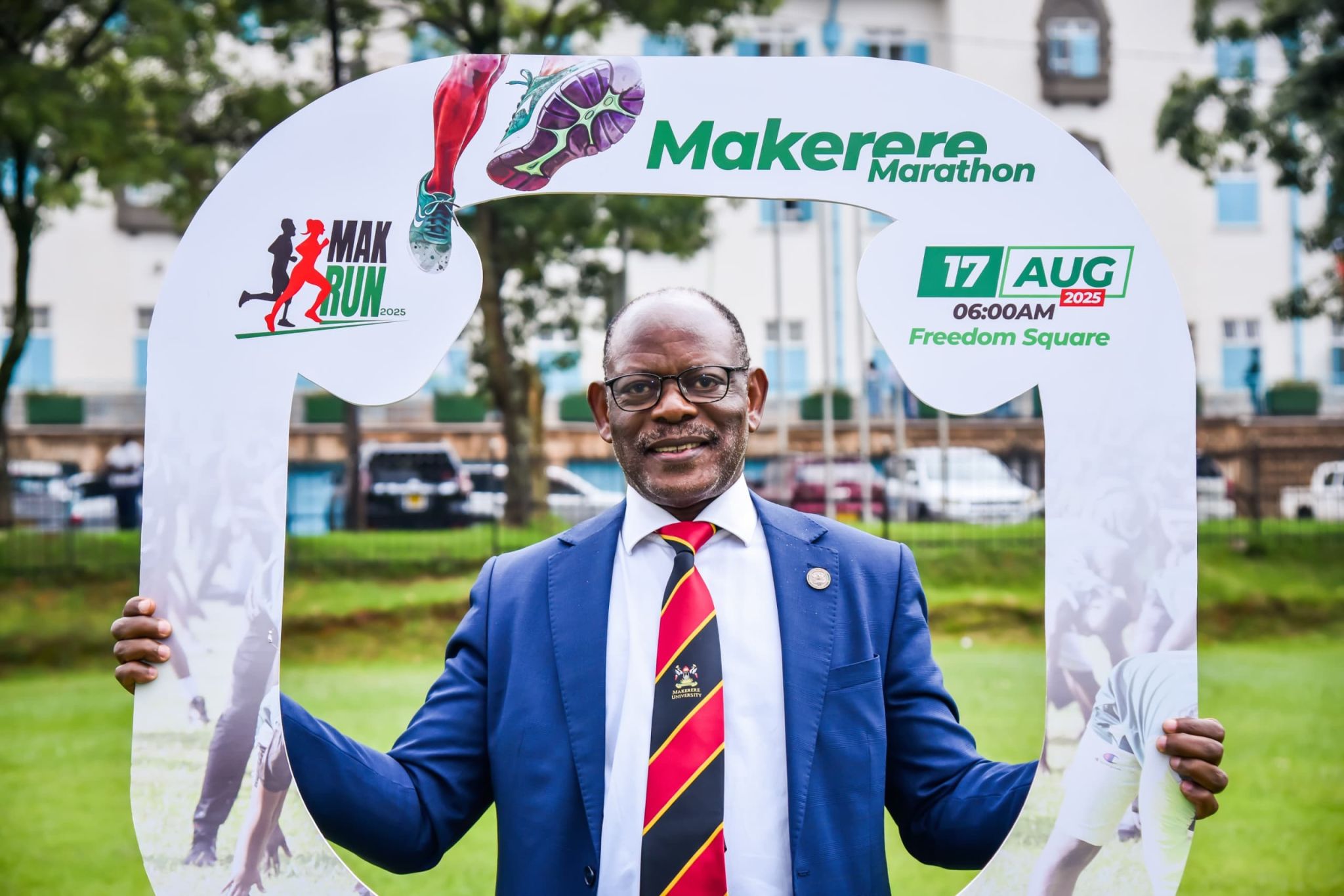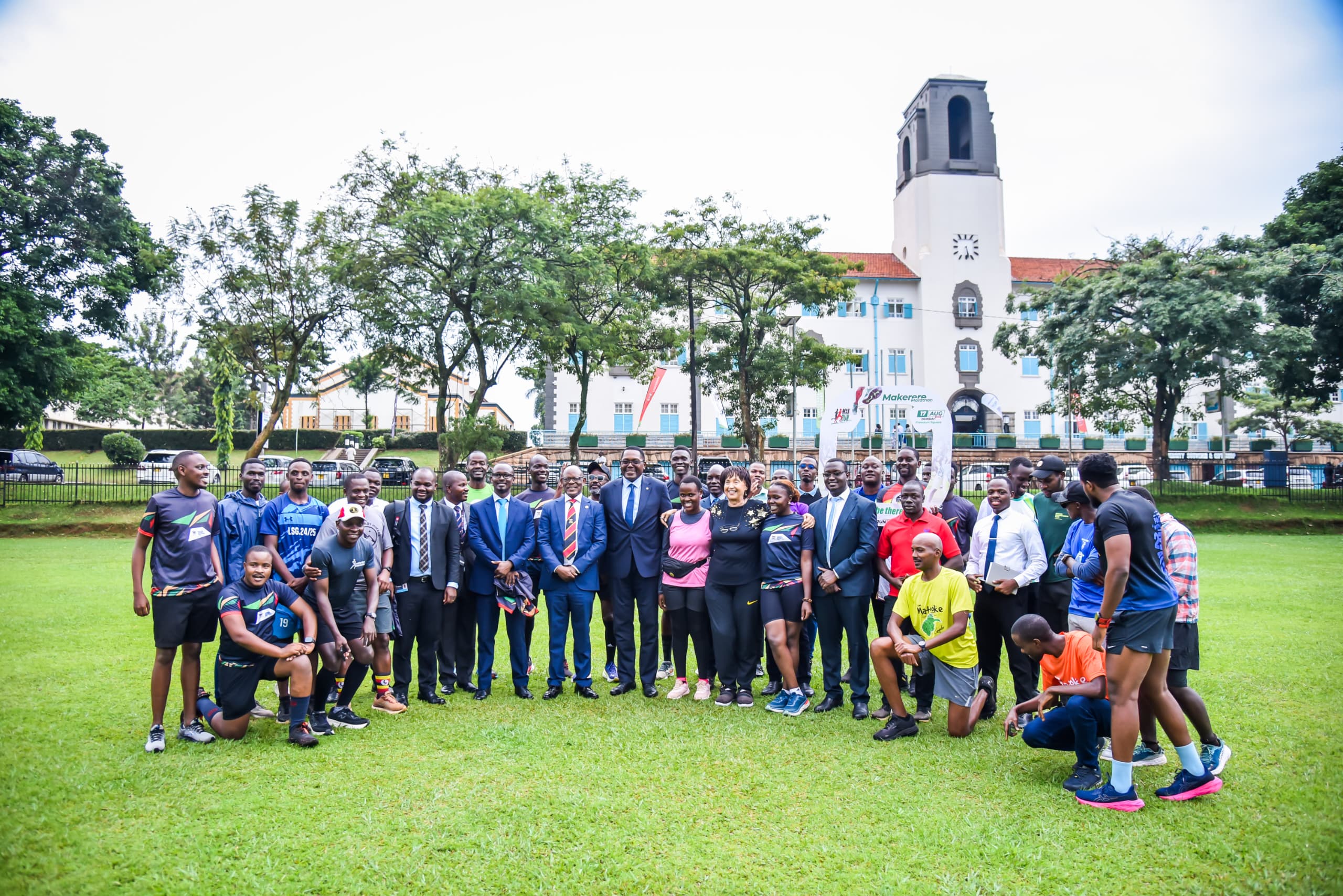College of Natural Sciences (CoNAS)
NNAMUYOMBA Proscovia (Ms)
Biokinetics and modelling of pollutant accumulation in Cat fish (Clarias casonii) and Silver fish (Rastreneobola argentea) from selected aquatic ecosystems in Uganda
Ms. NNAMUYOMBA Proscovia’s study was purposely to examine the levels of pollutants (heavy metals and DDT residues) in the two fish species and to develop a model for predicting heavy metal accumulation in Cat Fish living in contaminated environments. The current experimental methods used to determine pollutant levels are laborious and expensive, which makes it hard to generate data whenever need arises. The research established that biokinetic modelling provides an alternative cost effective method of determining pollutant levels in fish living in polluted aquatic ecosystems. The model can be used to estimate long-term metal accumulation in environmental risk assessments. This study was funded by ADB and Gulu University, and was supervised by Prof. Jolocam Mbabazi and Assoc. Prof. Muhammad Ntale.
UWIMBABAZI Moreen (Ms)
Influence of fruit seasonality on macronutrient and energy intake and its significance on reproduction in female chimpanzees
Ms. UWIMBABAZI Moreen examined how diet-quality in terms of macronutrient content relates to the timing of reproductive events in female chimpanzees of Kibale National Park in Uganda. She found that female chimpanzees ingested more carbohydrates and lipids and reduced their foraging costs during preferred fruit abundant periods. However, they maintained stable energy intake despite the variations in diet quality through feeding behavior modifications and as such were able to breed throughout the year. The findings highlight the relevance of different food tree species in natural forest ecosystems and their significance in maintaining wild populations of chimpanzees, a specie which is threatened by forest degradation in Uganda. This study was funded by Kibale Chimpanzee Project, and was supervised by Prof. Richard Wrangham, Prof. Jessica Rothman, Assoc. Prof. Gilbert Basuta and Prof. Mnason Tweheyo.
WOKIYI Dennis
Solutions to Ill-posed Cauchy problem for a non-linear heat equation.,
Mr Wokiyi’s study focused on estimating the temperature distribution below the earth's surface using temperature and heat-flux measurements on the earth's surface. The study enhanced the understanding of how temperature governs a variety of the geological processes such as; formation of magmas, minerals, fossil fuels and deformation of rocks. The candidate demonstrated that the problem is uniquely solvable under a suitable choice of function spaces and showed that numerical solutions were consistent with the existing theoretical proofs. The study was funded by International Science programme – Sweden, Makerere Staff development and Eastern Africa Universities Mathematics Programme (EAUMP). Mr Wokiyi was supervised by Prof. Vladimir Kozlov and Prof. Fredrik Berntsson from Linkoping University-Sweden, Prof. John Mango and Dr. Godwin Kakuba from Makerere University.
College of Education and External Studies (CEES)
ATWEBEMBEIRE Juliet (Ms)
Management practices and quality of teaching and research in private chartered universities in Uganda
Ms. ATWEBEMBEIRE Juliet examined the influence of management practices which included, staff participation, performance monitoring and staff development on quality of teaching and research in four private chartered universities in Uganda. Results demonstrated a significant contribution of staff development and staff participation on quality of teaching and research. There was no sufficient evidence to show that performance monitoring influences quality of teaching and research. The study recommended the development of more user-friendly methods of performance monitoring, giving of constructive feedback and rewarding staff basing on performance reviews. A model of shared governance was suggested for effective management of these universities. The study was funded by Uganda Management Institute, and supervised by Prof. John. Chrysostom Musaazi and Assoc. Prof. Proscovia Namubiru Ssentamu.
AYEBARE Justin (Ms)
Internationalization of higher education and the global citizenship of graduate students at Makerere University
Ms. AYEBARE Justin investigated the effect of internationalization of higher education on the global citizenship of graduate students at Makerere University. This was due to the seemingly low levels of global citizenship amongst university graduates in the country. Using the sequential explanatory research design, the study revealed that the internationalization of academic staff, curriculum, and the student community have significant positive effect on the global citizenship of graduate students. These findings reinforced the belief that the more internationalized a university is, the more likely its graduate students would become global citizens. This study presents to university managers aspects of internationalization that greatly impinge on the global citizenship of graduate students; thus, calls for significant efforts to internationalize these, and other aspects of university operations. This study was self-funded and, and was supervised by Dr. David Onen and Dr. Euzobia Mugisha Baine.
KAAHWA Yuda Taddeo
Equity implications of the district quota and disabled students’ scholarships in public universities in Uganda
Mr. KAAHWA Yuda Taddeo investigated how the district quota system and disabled students’ scheme were ensuring equity at both opportunity and process of university education for the intended beneficiaries. Findings revealed that majority of students on district quota system come from low socio-economic status families, the district quota system is gender equitable, there is numerical geographical equity on district quota system; but there is geographical inequity on disabled students’ scheme. The study recommends that for students to qualify for district quota system, they should have studied both primary and secondary school in that district. The percentage of district quota should be increased from 25% to 50% of government scholarships, urban districts should be excluded from district quota, and government should establish information support services for disabled students. The study was funded by Makerere University Staff Development and was supervised by Prof. Anthony Mugagga Muwagga and Assoc. Prof. Betty Ezati.
LUNYOLO Olive (Ms)
Adapting Leech’s model to explore predictors of successful doctoral student completion in Makerere University
Ms. LUNYOLO Olive explored the predictors of successful doctoral student completion (SDSC) in Makerere University. She operationalized SDSC as readiness to teach at university level, creativity, and readiness to conduct research and publish. The study isolated motivation, thinking style, self-efficacy; curriculum and standards of the program of study; the supervisor and other faculty; and the culture of the college on graduate education as predictors of SDSC. SDSC is important to the student, the university and the labour market, thus stakeholders concerned with doctoral students’ issues in Makerere University should put in place strategies that enhance predictors of SDSC. The study was self-sponsored, and was supervised by Assoc. Prof. Fred Edwardus Bakkabulindi and Dr. Hilary Mukwenda Tusiime.
SSALI Kizza Francis
Determinants of academic staff retention in Makerere and Kyambogo Universities
Mr. SSALI Kizza Francis investigated the determinants of academic staff retention in Makerere and Kyambogo Universities. This was due to the persistent low levels of academic staff retention reported in the two universities in recent times. Using the descriptive cross-sectional survey design, gender, terms of work and work life balance were found to enhance the retention of academic staff more than their marital status, age, work experience, and interpersonal relationships. Therefore, it was concluded that certain factors were more critical than others in determining the retention of academic staff. It was, thus, recommended that the management of the two universities should engender policies that can improve the terms of work and promote optimal work-life balance amongst academic staff. The study was self-sponsored and was supervised by Dr. David Onen and Dr. Genza Gyaviira Musoke.
Please click the links below to navigate to the PhD Citations for the respective Sessions.
< Director’s Message | Session 1: Part1 : Part2 : Part3 | Session 2 | Session 3 | Session 4 >
#Mak70thGrad

 Education2 weeks ago
Education2 weeks ago
 General1 week ago
General1 week ago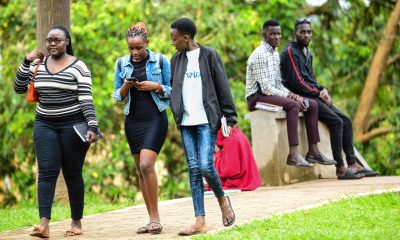
 General2 weeks ago
General2 weeks ago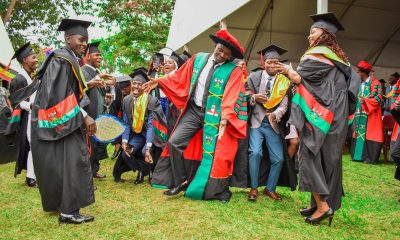
 General2 weeks ago
General2 weeks ago
 General6 days ago
General6 days ago
